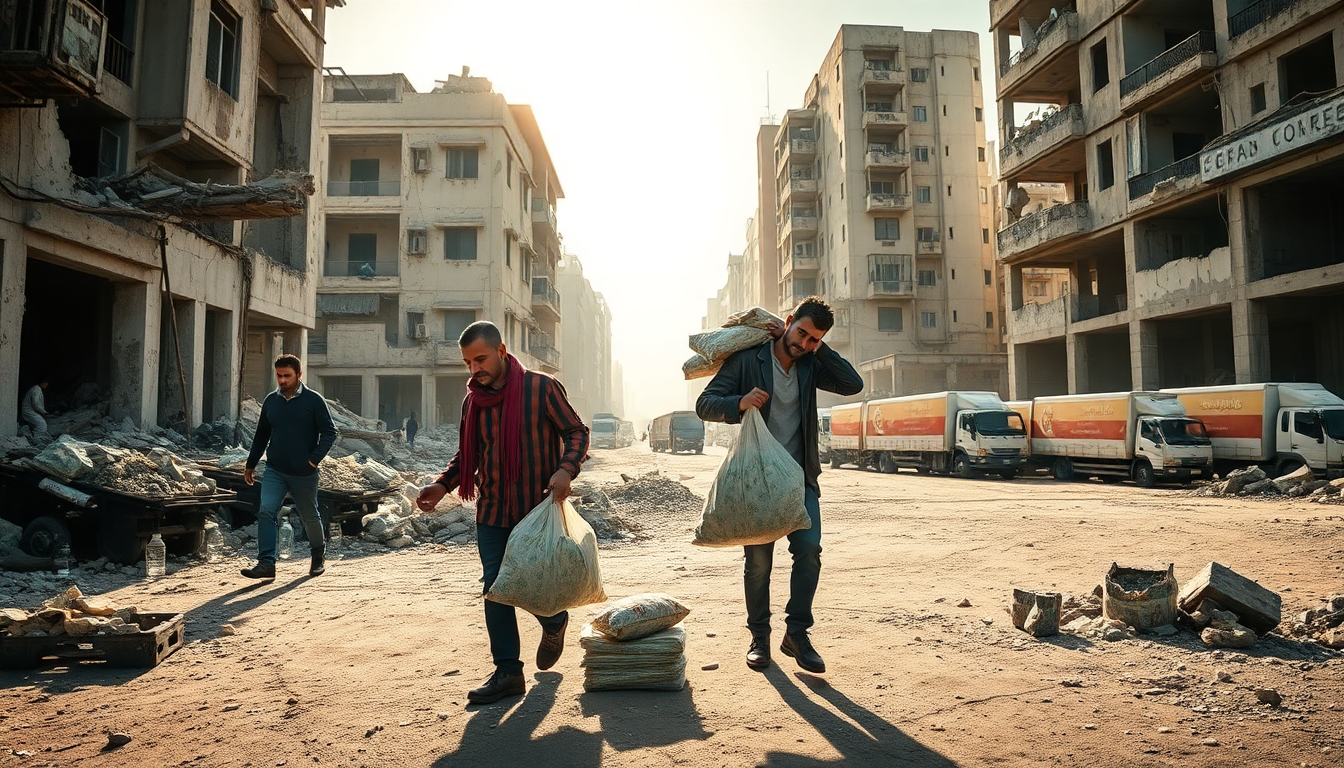Table of Contents
The situation in Gaza has reached a critical tipping point, and the humanitarian consequences for its residents are shocking. It’s hard to believe that, despite the proximity of food and resources, countless families are on the brink of starvation. How can this paradox exist in such a resource-abundant world? This reality underscores the complex dynamics at play in the region, where political decisions can drastically affect the lives of everyday people.
As global attention intensifies, the calls for international intervention and support are growing louder—highlighting the urgent need for a united response to help alleviate the suffering in Gaza.
The dire humanitarian conditions in Gaza
Gaza is one of the most densely populated areas in the world, and it has been under blockade for years.
This has led to a humanitarian crisis that many organizations are struggling to address. Reports indicate that a large segment of the population lacks access to basic necessities like food, clean water, and healthcare. The United Nations Relief and Works Agency (UNRWA) has been working tirelessly to provide assistance, yet its efforts are often obstructed by restrictions imposed by Israel.
This reality begs the question: how do we prioritize human lives when geopolitical considerations seem to overshadow them?
The grim truth is that even when food supplies are available, logistical challenges and political barriers frequently prevent them from reaching those who are desperately in need.
The differing perceptions of Palestinian lives compared to others only serve to worsen this situation. Isn’t it time we reevaluate how humanitarian aid is allocated and delivered in conflict zones like Gaza?
International responses and calls for action
As the humanitarian crisis in Gaza worsens, global leaders face mounting pressure to take action.
Countries like Malaysia have publicly called on world leaders to put constraints on Israel and advocate for the rights of Palestinians. This appeal reflects a growing concern about the humanitarian implications of military actions in the region. Isn’t it crucial for the international community to step up and actively promote peace while ensuring that humanitarian aid reaches those who need it most?
Moreover, alarming reports suggest that military strategies in Gaza may be deliberately targeting specific demographics, including women, to control population growth.
Such actions raise serious ethical concerns and spotlight the urgent need for international dialogue focused on human rights and humanitarian law. The fear surrounding open discussions about Gaza complicates efforts to tackle these issues, as many people shy away from confronting the harsh realities for fear of backlash. How can we break this cycle of silence and inaction?
Looking forward: the role of global leadership
As the situation in Gaza continues to evolve, the role of global leadership is becoming increasingly critical. There’s a pressing need for cohesive strategies that prioritize humanitarian needs while addressing the underlying political conflicts. The international community must unite to uphold humanitarian principles and ensure that assistance is provided equitably, regardless of political affiliations.
In the coming months, it’s essential for nations to reaffirm their commitment to humanitarian aid and advocate for policies that promote peace and stability in the region. Only through collaborative efforts can we hope to address the inequalities faced by the people of Gaza and move towards a future where their rights and dignity are truly respected. Are we ready to take that step together?





